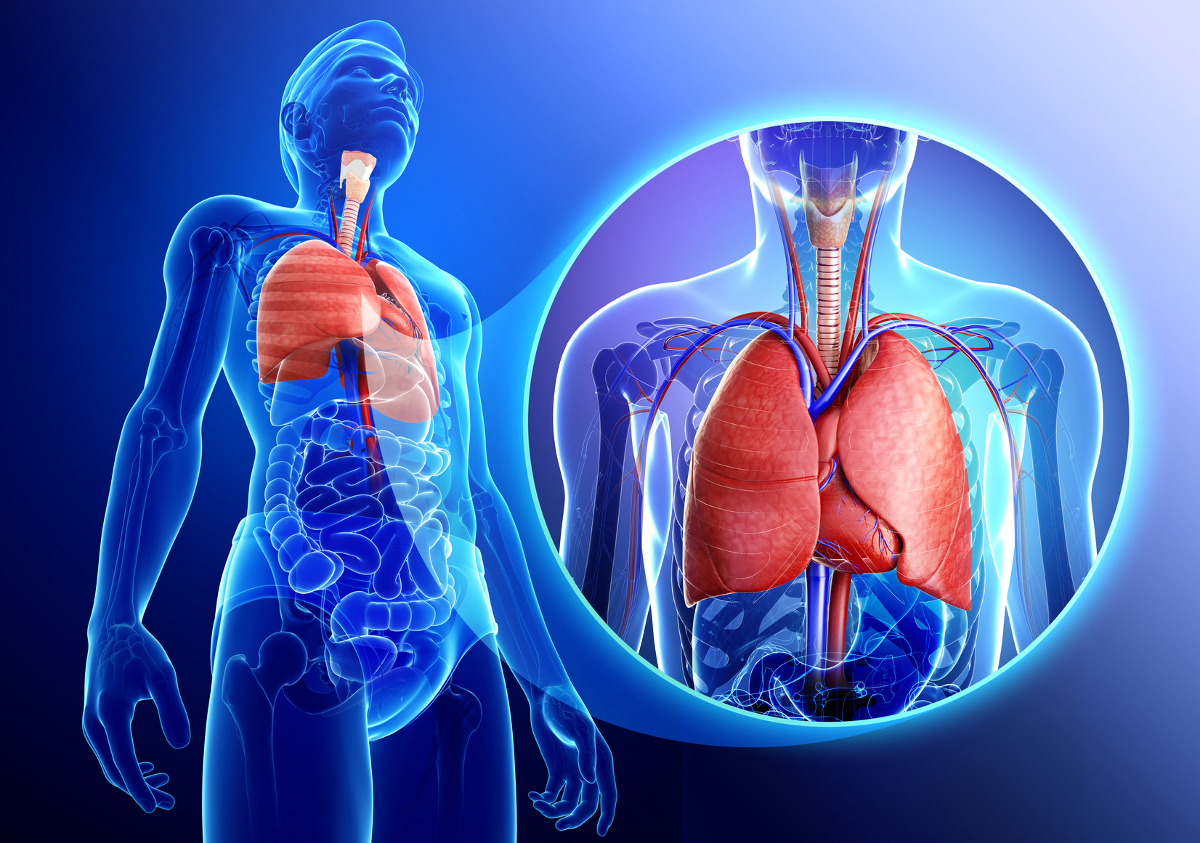
The survival rate for stage 3 lung cancer depends on the treatment and the physical condition of the patient. However, the average survival rate ranges from 7 to 17 %. The prognosis for lung cancer is generally poor, because of the lifestyle of most patients after being diagnosed.
The body has a system in place which checks the growth of new cells. Cancer is a disease in which this system is overthrown, and there is uncontrolled cell growth in the tissue. This growth is known as a tumor, and in most cases, it is malignant (aggressive and uncontrolled growth). The survival rate for stage 3 lung cancer is pretty low, because of the malignant nature of the tumor which spreads through the lungs and other parts of the body.
Over 1.5 million people are afflicted with lung cancer every year across the world, and it is one of the most prevalent forms of cancer. These alarming numbers are attributed to the growing number of people consuming tobacco. Smoking is considered to be one of the hardest habits to give up, and people who are affected with lung cancer find it difficult to give up smoking even after being diagnosed. This also contributes to the low life expectancy rates of stage 3 lung cancer.
Prognosis
The survival rate depends on the physical condition of the person and the line of treatment they are undergoing. In most cases stage 3 lung cancer leads to stage 4, which is fatal. Life expectancy in many patients is an average of up to 5 years. Late diagnosis is one of the biggest contributors to the poor survival rates in people with lung cancer.
Stage 3 is divided into two halves, in the first half the tumor is restricted to one part of the body (3A), and in the second half, known as stage 3B, the tumor spreads aggressively. For most patients, in stage 3B, it is difficult to surgically remove the tumor and the treatment is limited to radiation. The chances of people surviving up to 5 years are as low as 5 – 10 %. In case of 3A patients, survival rates after therapy are slightly higher; they are 19 – 24 %.
Patients who are undergoing chemotherapy have better chance of survival, if they have a healthy lifestyle, and it is up to 15 – 20 %. But, these statistics are unreliable because they do not take into consideration the genetics of the patients.
Since lung cancer is a terminal disease, patients can be made comfortable in the end stages with modern medications. Drugs to relieve anxiety and pain can help patients to live with some comfort in their end days. The stage 4 survival rate is very low, and the median survival time is 8 months.
Environment, genetics, and lifestyle are some of the contributors to the survival rate, and modern-day medications also plays a vital role. If the patients are physically prepared to take on extensive treatment methods like chemotherapy and radiation, the life expectancy may be extended.







